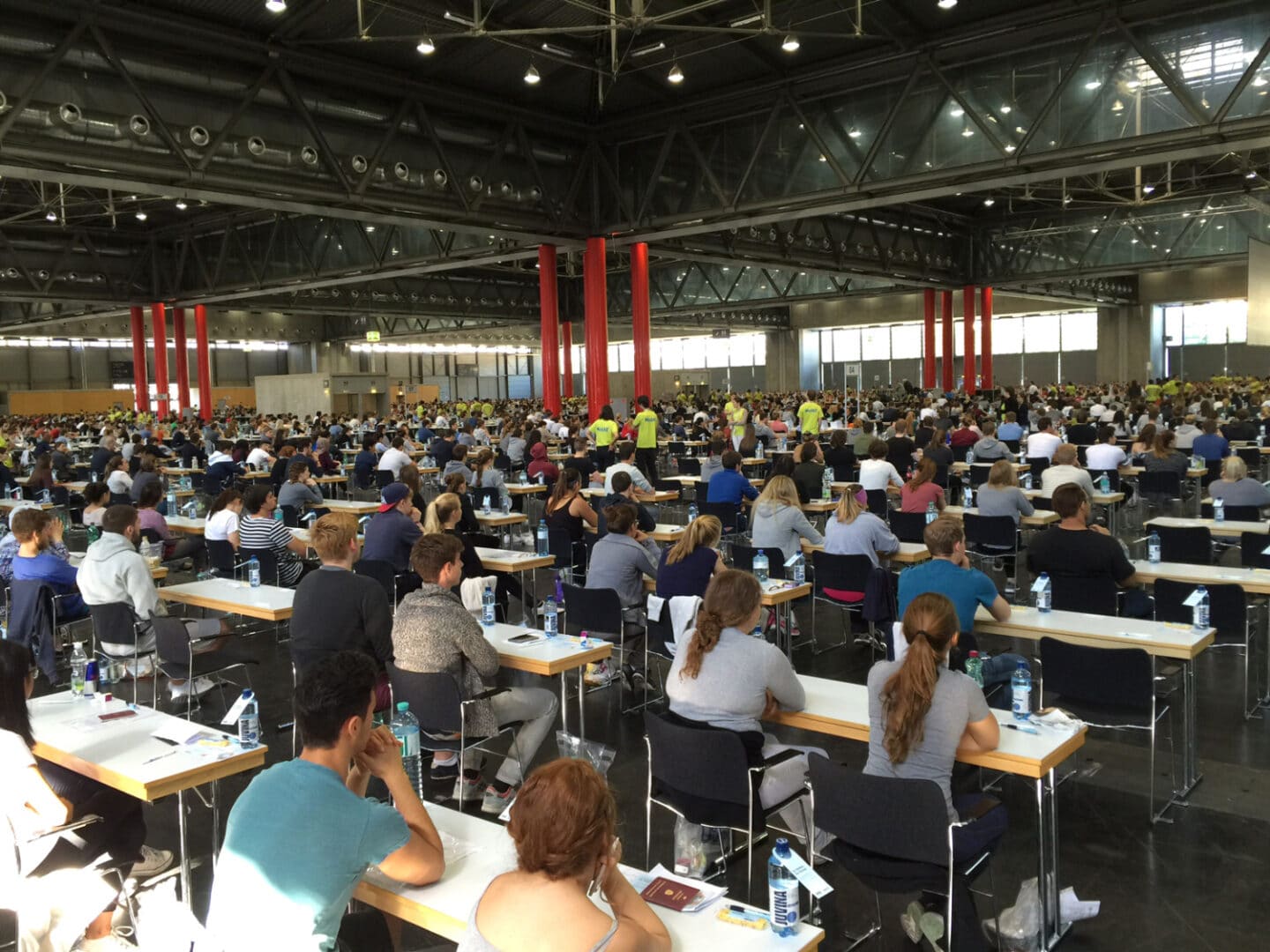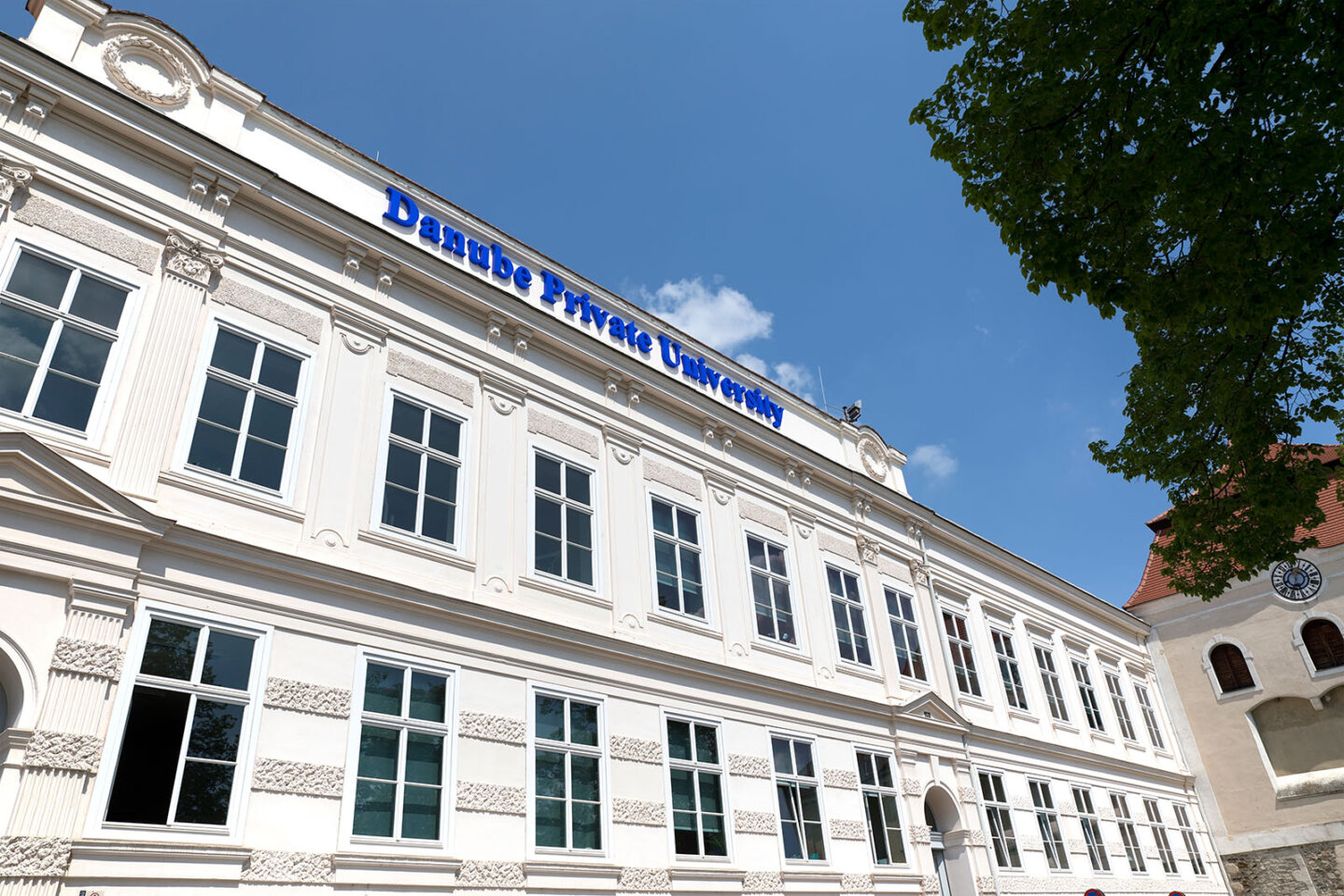
📖 Table of contents
How long does it take to study medicine?
Studying medicine in Germany generally takes at least 12 semesters or 6 years. However, there are exceptions, such as at the PMU in Salzburg, where the programme can be completed in 5 years. The medical degree programme ends with the state examination. This regulation applies to places on the degree programme in human medicine. However, the duration of study and final examinations may differ for dentistry and pharmacy, but the sections are the same.
Study medicine: The preclinical phase
The first two years of medical studies are generally referred to as "pre-clinical". The name comes from the fact that you don't spend any time in the clinic during these first four semesters, which is nevertheless an important part of the degree programme. During this phase, theoretical knowledge is acquired in the faculty of various areas of medicine. Practical experience in the clinic is not yet on the timetable at most universities during this period. The biggest exams and study programmes in this phase are anatomy, histology and physiology, which require a lot of preparation and time. This phase ends with the first section of the medical examination.
Overview: The clinic
The pre-clinical phase is followed by the clinical phase. This is where students have their first Contact with patients and can put the knowledge they have learnt in the first two years into practice. In addition, in the third year they take further very demanding exams such as microbiology, pathophysiology and pathoanatomy, which many medical students struggle with. The second stage of the medical examination takes place after this clinical phase.
Programme structure: The fourth year of medical school
The fourth year is supposed to be one of the more relaxed years in medical school. The major exams and subjects here are pharmacology and clinical biochemistry. Many students opt for an Erasmus year in their fourth year. Studying in a foreign country, whether for just one semester or one year, offers a unique opportunity to get to know new people and cultures abroad.
The fifth and sixth year of medical studies as study phases
In the fifth year, students are specifically prepared for the final year, as four state examinations await them in the sixth year: Internal Medicine, Surgerypaediatrics and gynaecology. You prepare for these by gaining practical experience in the clinic, among other things. The medical degree programme concludes with the medical examination, which is required for admission to specialist training.
In summary, the duration of the medical degree programme is structured to provide comprehensive theoretical and practical training to prepare students for their future careers in healthcare.
Duration of medical studies: After graduation
After successfully completing the four examinations and the medical degree programme, you will ultimately receive your professional doctorate. After receiving the title of MUDr. and completing your studies, you can then specialise in a specialist of your choice after receiving your licence to practise medicine.
On the whole, it can be said that studying medicine prepares you very well for your future profession. However, it must also be mentioned that as a doctor you never stop learning and always have to acquire more knowledge!





